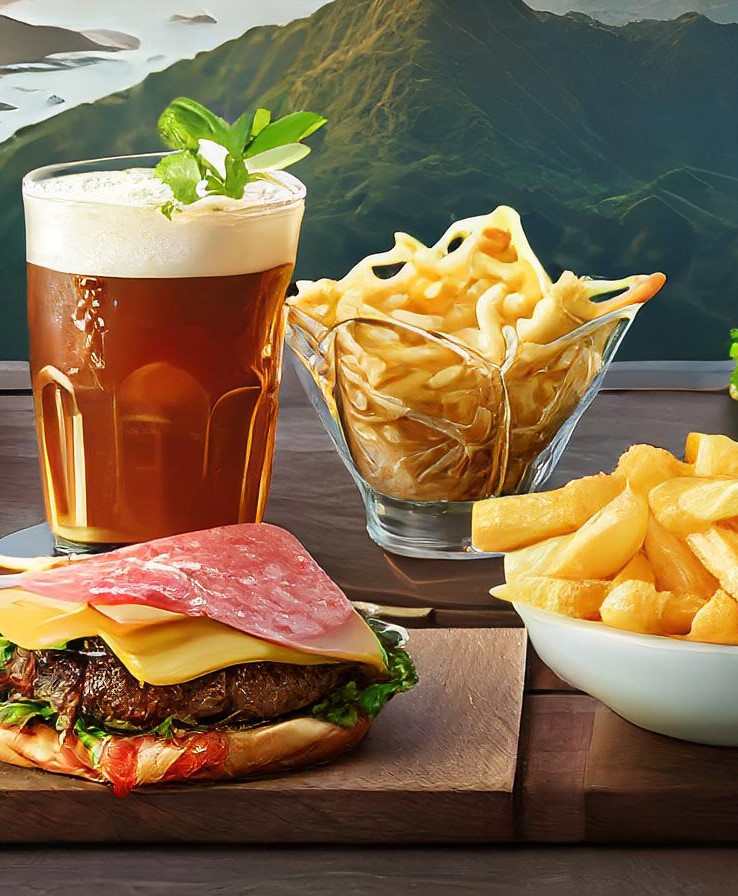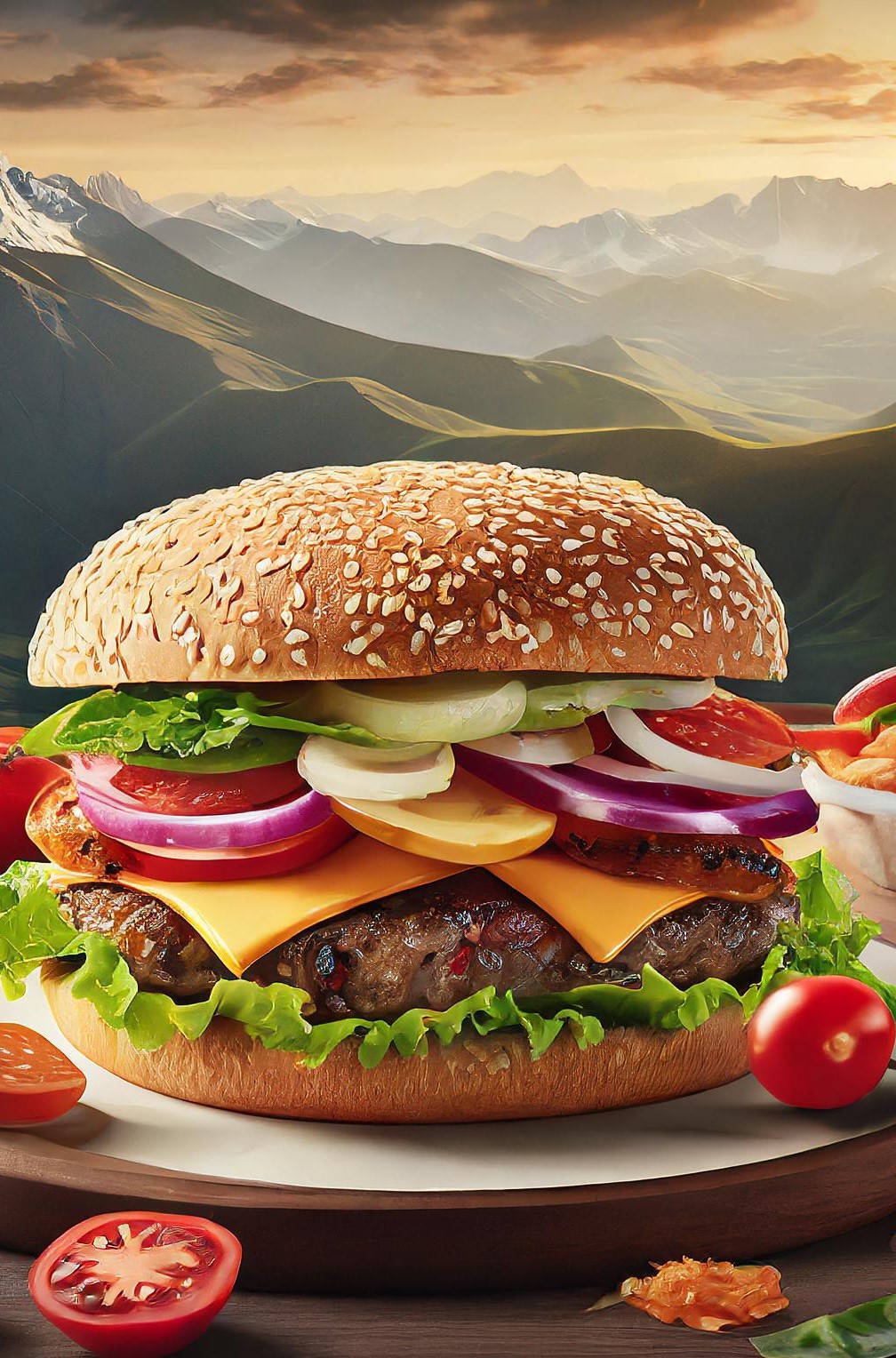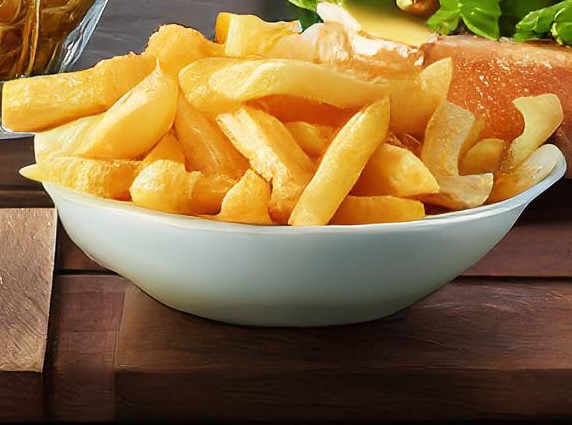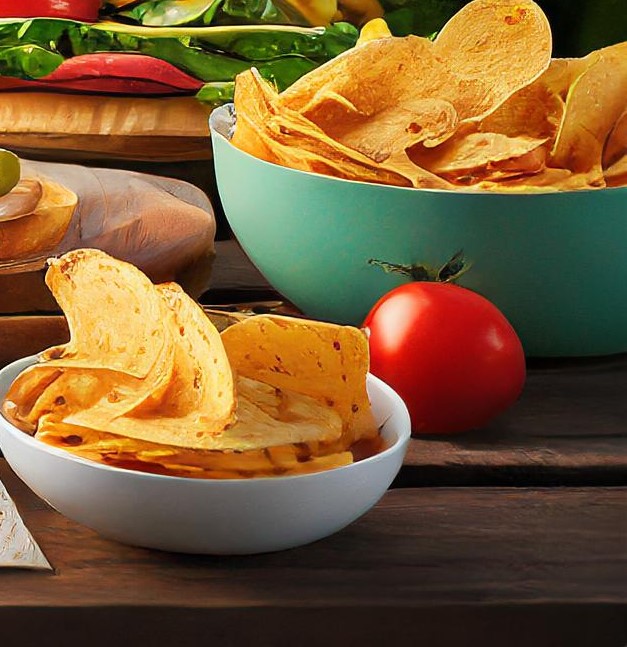Embarking on a journey towards a healthier lifestyle often involves overcoming the challenge of managing weight. While physical activity plays a significant role, the popular quote "you are what you eat" is true in the sector of weight gain. Not all edible foods lead to obesity, only a few foods lead to weight gain. While overweight being is the main reason behind most health problems you need to manage your weight to keep you far from most diseases. Let's delve into this blog and understand the foods that might be the reason to disturb your weight.
Processed Foods:
Among the chief enemies of modern diets are processed foods, packed with added sugars, unhealthy fats, and empty calories. From sugary cereals to packaged snacks, these processed foods often lack vital nutrients and are palatable which results in overeating disturbing your weight. Processed foods are altered from their natural form and they contain additives, preservatives, and artificial flavors that result in increasing your weight as they contain high levels of added sugars.
Sugar-Sweetened Beverages:
Sodas, fruit juices, energy drinks, and sweetened teas play a significant role in weight gain. These beverages contain sugar that can cause fluctuations in blood sugar levels leading to insulin resistance over time. Moreover, liquid beverages offer a different feeling of fullness than solid foods, making it simple to unknowingly consume excessive calories. As you consume excessive calories it may impact your healthy weight leading to obesity.

Fast Food:
Burgers, fries, pizzas, and typical fast food fare are not only high in calorie counts but also contain unhealthy trans fats, refined carbohydrates, and sodium. Regular intake of fast food has been associated with weight increase, obesity concerns, and various health issues. Fast foods are low in essential nutrients and fiber and they are served in higher portions than recommended portions which can impact your weight. Consuming these fast foods regularly can also lead to lifestyle diseases such as diabetes, cardiovascular problems, and high blood pressure.

Refined Carbohydrates:
Products made from refined grains like white bread or pastries can also result in increased belly fat. These carbohydrates are rapidly digested causing blood sugar level fluctuations followed by crashes that lead to increased hunger and cravings for more unhealthy choices. Overeating foods rich in refined carbohydrates can lead to weight gain and are associated with an increased risk of insulin resistance and metabolic syndrome which are risk factors for chronic diseases such as diabetes and heart strokes.
Fried Foods:
Consuming occasionally fried foods may seem harmless but regular consumption can add to weight gain and obesity risks due to their high-calorie content from saturated fats and trans fats which negatively impact health. While consumption of fried foods regularly can lead to obesity and other lifestyle diseases as they are calorie-dense foods. Try to avoid fried foods and opt for healthy cooking methods such as baking, grilling, or steaming.

High-Fat Dairy Products:
Though dairy offers valuable nutrients like calcium and protein; high-fat options like cheese or full-fat milk, ice creams can be calorically dense leading to potential weight gain if not balanced with other nutritious foods.
Alcohol:
While not classified as food alcohol does affect weight management due to its calorie density which could contribute to weight gain especially when consumed excessively or mixed with sugary additives. One gram of alcohol provides 7 calories and stimulates appetite which leads to overeating and alcohol promotes weight gain more in the abdominal area which is increased belly fat. Excessive alcohol can lead to obesity and along with obesity, you may have an increased risk of obesity-related health issues.
Snack Foods:
Chips cookies and other snack items are often packed with unhealthy fats and calories designed for addictive consumption potentially resulting in overeating and disrupting healthy weights.

Artificial Sweeteners:
Marketed as sugar replacements; artificial sweeteners might promote weight by disrupting natural calorie regulation mechanisms elevating increased cravings for sweetness according to some studies.
In conclusion, a clear idea regarding dietary choices is key for maintaining a healthy weight while occasional treats can be acceptable, but it is highly essential to be aware of the foods that lead to weight gain. Incorporating strong nutrient-dense foods, and limiting unhealthy processed foods can help you manage weight and have a healthy life further.Do connect with a dietician for proper management of your weight and reduce the risk of chronic lifestyle diseases.

